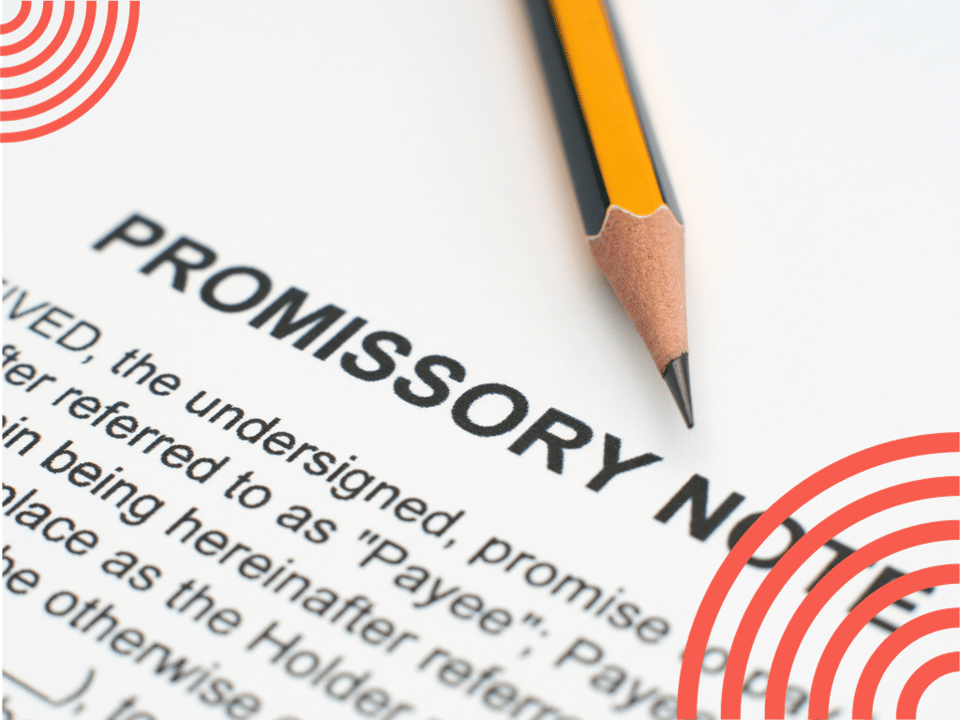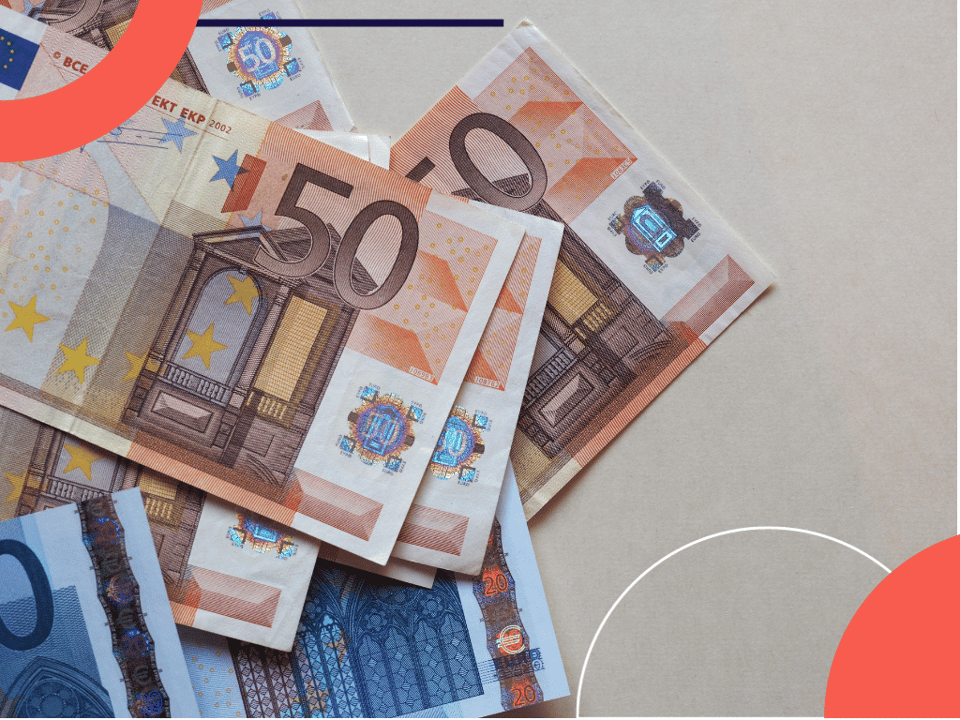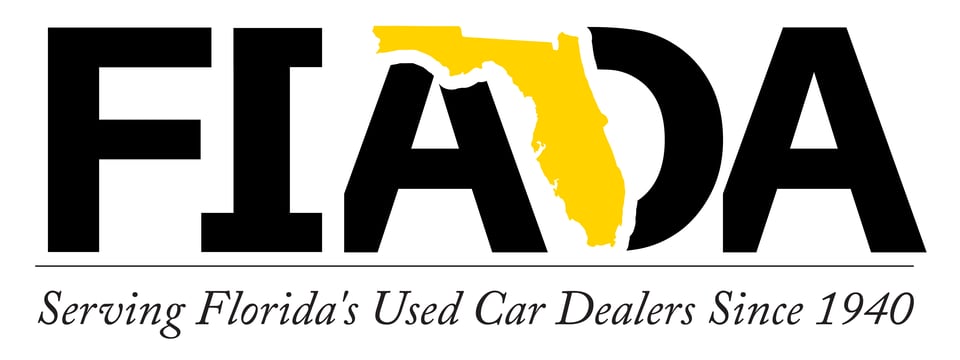Key takeaways:
To sell a promissory note, first have it professionally appraised to determine its current market value, then locate a reputable note buyer or brokerage platform, ensuring all terms are clearly defined and both parties are in agreement before finalizing the sale. Always consult legal counsel to ensure the transaction is legally sound.
The quick origination process, greater flexibility, and higher returns make promissory notes an excellent investment option against other credit funding types. Although owning a promissory note is easier than most other loan investment choices, selling the same can get complicated.
In such negotiations, a step-by-step guide on how to sell a promissory note can be a relief. So, if you are a potential note seller, here is some must-read information and tips you can't afford to disregard.
But, before we proceed, let's understand more about the promissory note!

Simply put, a promissory note is a document with an unconditional promissory transaction note of a specified amount, time, and intervals between two or more parties. Some promissory notes are on-demand notes where the borrower has to pay the amount when demanded. Also, the note may contain other terms and conditions agreed upon between the parties.
Every debt instrument has an issuer of the note and a beneficiary. The two parties can be note buyer and seller or lender and borrower.
When you sell the mortgage note, the primary process remains the same, with minor changes according to the type of note. Therefore, it's important to know the different types of promissory notes and how their selling can differ. Below are types of promissory notes based on two grounds.

Be it investing or selling the note; you can optimize your returns from promissory notes when you do it at the right time. While most companies sell promissory notes for instant ROI, there are several other reasons a bill of exchange is sold.
Be it a personal or commercial promissory note, there are certain factors that one must take into account before selling it. Here's a step-by-step guide for promissory or mortgage notes sales.
The Excel spreadsheet with masked personal information on the borrower of the note, including:
1. Personal Identifier Information (PII)
The information about the debt to be provided should include the following data:
2. The geographical location of the debtor,
3. The amount of debt,
4. FICO score,
5. History of payments,
6. Judgment information.

There’re 2 ways of how media can be stored:
Before selling debt portfolios, please make sure about the availability of original documentation.
After the paperwork is produced for both parties, the next step is appraisal and title search for the concerned note and mortgage asset. The buyer will be interested in knowing the value of the note and mortgage asset. Similarly, as a seller, you should know if the buying party is ready to spend on title search charges, appraisal fees, or BPO.
Terms and conditions in each contract involved can affect you differently. Give special attention to transaction-related details. Here are a few examples of documents that you may come across during the deal:
Finally, you can schedule the closing after the contracts are prepared and due diligence is followed. As specified in the agreements, the seller should receive their payment at the end. This process can typically end within 15 to 35 days.

If your promissory note is not secured by any asset or property, the potential buyers' list can become smaller due to the higher risk involved in the deal. Here, the seller can trade off through a higher discounted value. In such cases, most sellers prefer cashing the bill with financial institutions at a lower face value. While for most promissory notes, the discount range starts from 10%, whereas for an unsecured bill, it can go up to 35%.
The payer's credit rating plays a vital role in an unsecured note trade. Also, the discount may vary according to the interest rate and note amount. Circumstances like default bills can delay the process, or such notes are less likely to be bought.
Selling the promissory note at the right time through proper channels and means can save you from possible bad debts and losses. Further, with the right negotiation skills, you can recover your money and benefit yourself with a good ROI on the note.
Find the best buyers from reliable sources, and the rest is the path already shown to be followed. Following the steps from this article will ease and speed up the process of promissory note sales. Contact lawyers if you require further information.



